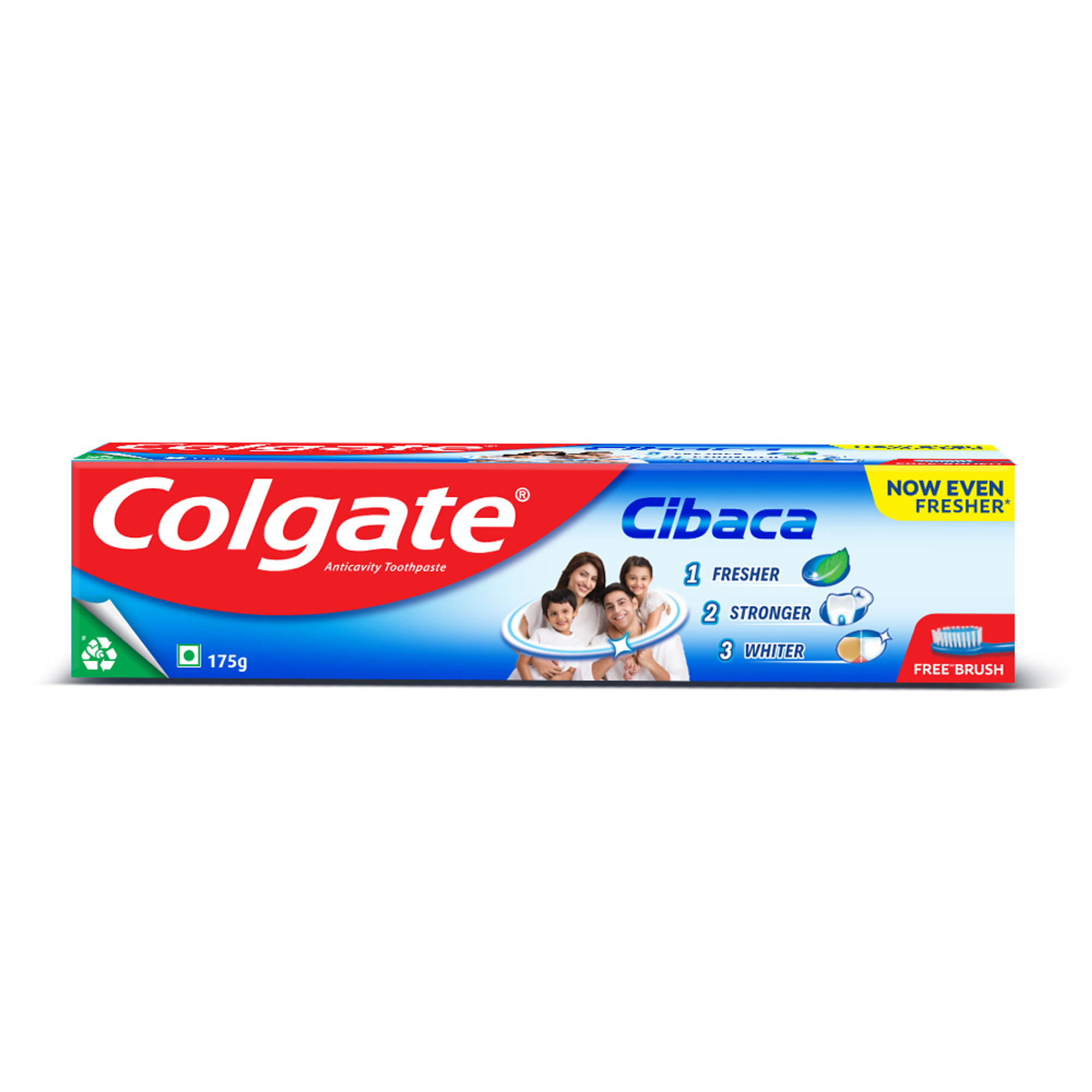What Is an Incipient Lesion?
Repeated exposure to bacterial acids in your mouth eventually causes tooth enamel to demineralise, and these areas of early decay are called incipient lesions or caries. They usually occur wherever plaque has been left to accumulate on your teeth, such as around your gums and in the grooves of the molar teeth or around existing fillings. Incipient caries can either progress into the soft dentin portion of the tooth or become inactive through remineralisation.
Active areas of enamel decalcification appear chalky and feel rough when your dentist examines them with a dental instrument. If a lesion has begun to heal itself, it will look shiny and feel hard and smooth.
Management of Incipient Caries
According to the Indian Dental Association, minerals are lost (demineralisation) from a tooth's enamel layer when acids - formed from plaque, bacteria and sugars in the mouth - attack the enamel. Minerals such as fluoride, calcium and phosphate are redeposited (remineralisation) to the enamel layer from the food and water consumed. Fluoride is a mineral that occurs naturally. Fluoride prevents tooth decay by conversion of hydroxyapatite to a fluoridated hydroxyapatite, increasing the rate of post eruptive maturation, inhibiting the micro-organisms.
A research study published in the SRM Journal of Research in Dental Sciences explains that tooth paste containing anticariogenic and remineralising agents such as fluoride are proved to be highly effective in reversing incipient caries. These strategies are highly effective in arresting and reversing early carious in lesions in high-risk people. Remineralising agents are commonly used to manage early carious lesions or white spot lesion through a remineralisation approach. Here's how these non-invasive remedies and a couple of others work to repair your enamel.
- Fluoride. Fluoride is a mineral that combines with the calcium phosphate in enamel to make your teeth stronger. Fluoride also replaces lost minerals, which can stop the decay process. It's found in many water supplies and toothpastes which can fight cavities. For an extra boost to heal incipient decay, your dentist may suggest topical treatments of acidulated phosphate fluoride mouthwash
- Sealants. Sealants are applied to the chewing surface of molars to keep food and bacteria out of the deep grooves, while also allowing remineralisation to take place.
- Milk Products. A study in Nitte University Journal of Health Science notes that today bioactive agents based on milk products have been developed in order to release elements that enhance remineralisation of the enamel and dentine under cariogenic conditions.
- Saliva. Saliva washes away food and decay-causing bacteria from your teeth. As a bonus, it contains elements of fluoride, calcium and phosphorus that repair enamel. If you want to keep the saliva flowing, chew sugarless gum or lozenges throughout the day.
What You Can Do
Luckily, there are several things you can do in the comfort of your own home to give yourself the best chance of never having to face a drill, even when diagnosed with the beginning stages of a cavity.
First off, great oral hygiene habits are a must: brush twice daily with a fluoride toothpaste, floss once per day and swish with an antimicrobial mouthwash. Visit your dentist every six months for regular cleanings. Frequent check-ups will help identify cavities before they advance to a stage that requires drilling and a filling.
Another tip is to limit between-meal snacks and avoid sugary foods and drinks. The sugars and carbohydrates from foods and beverages kick off acid attacks that are harmful to your teeth.
It's never a good day when you're told you have a cavity, but if it's incipient caries, your day just got brighter. By keeping up with your home care and following your dentist's and dental hygienist's recommendations, your little cavity may just go away.
This article is intended to promote understanding of and knowledge about general oral health topics. It is not intended to be a substitute for professional advice, diagnosis or treatment. Always seek the advice of your dentist or other qualified healthcare provider with any questions you may have regarding a medical condition or treatment.
ORAL HEALTH QUIZ
What's behind your smile?
Take our Oral Health assessment to get the most from your oral care routine
ORAL HEALTH QUIZ
What's behind your smile?
Take our Oral Health assessment to get the most from your oral care routine













